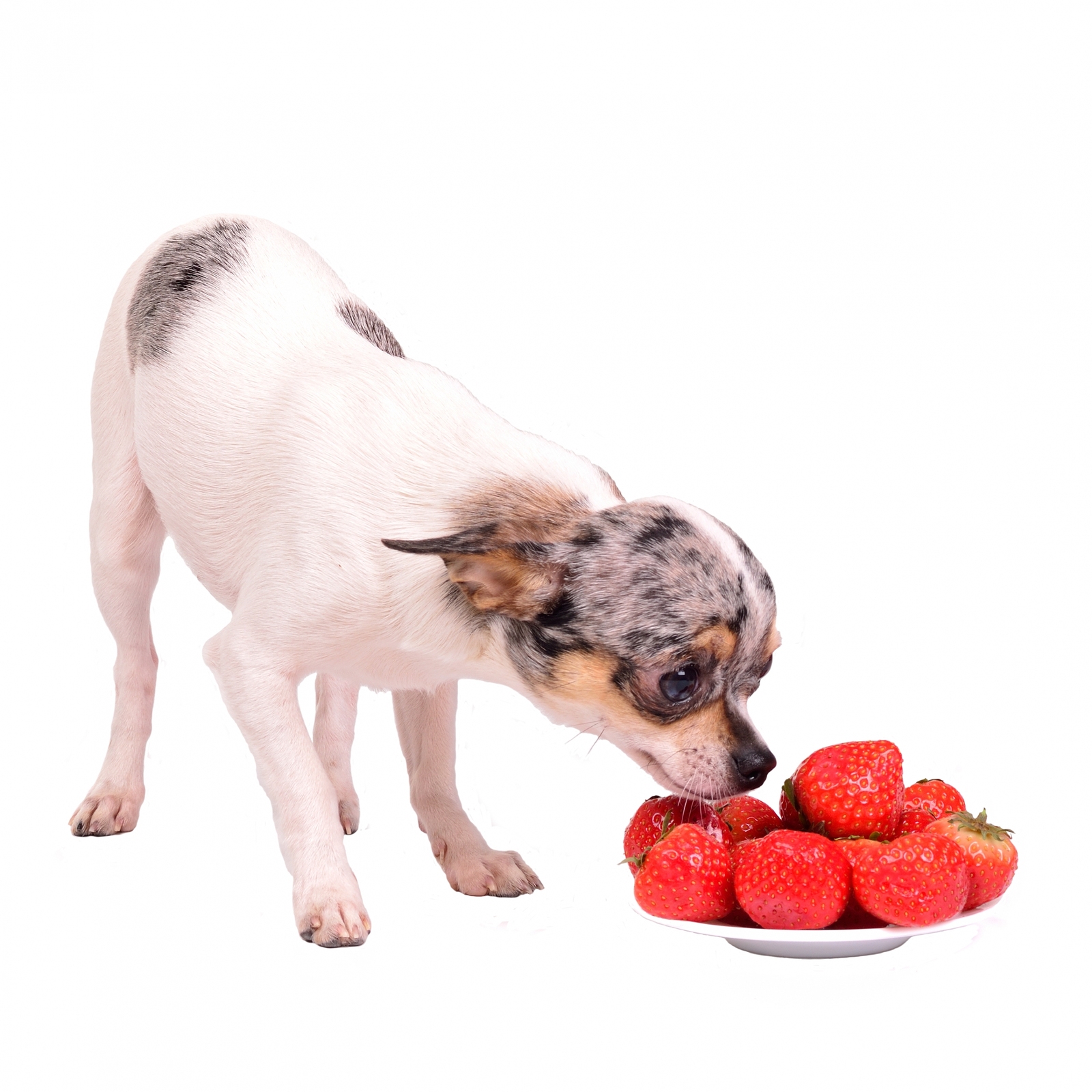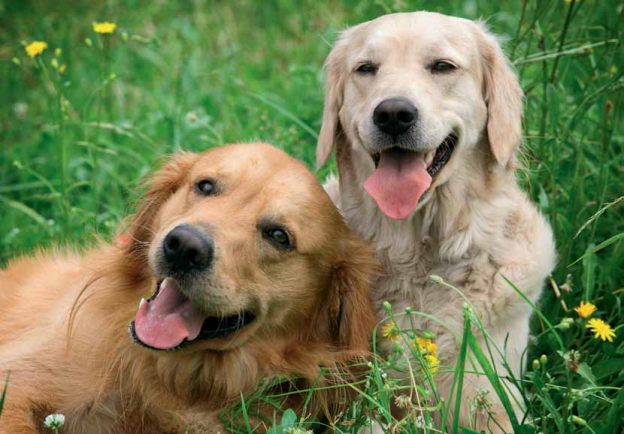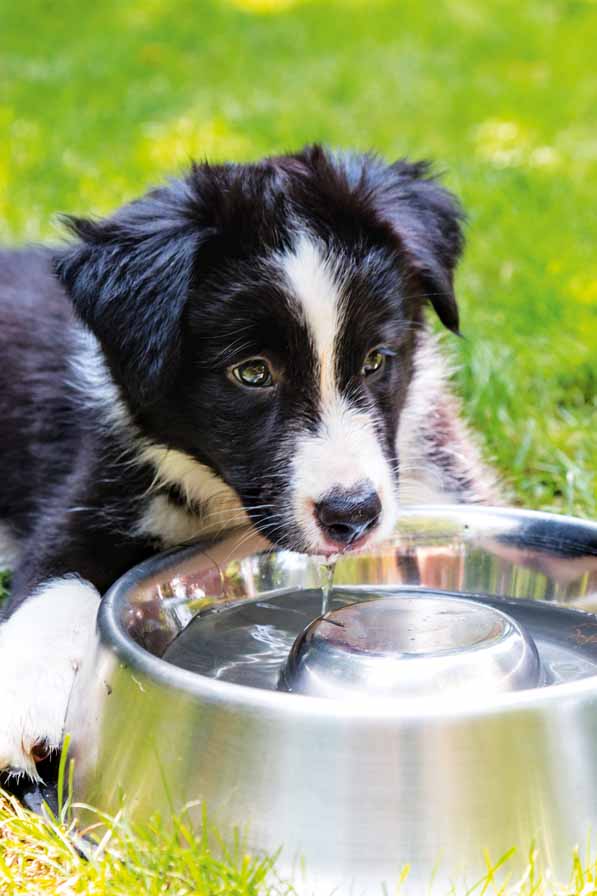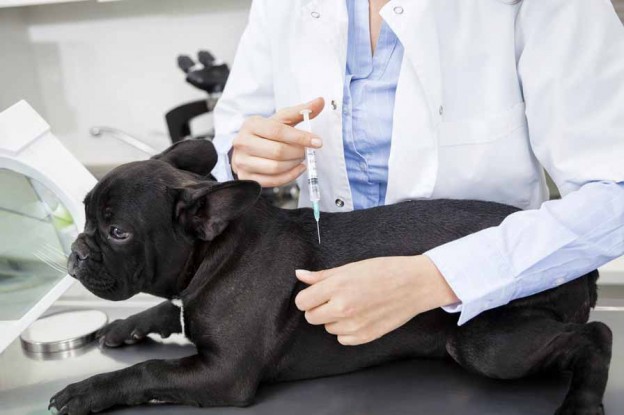
Is it possible to safely feed your dog a non-meat diet? Tim Falk investigates what feeding your dog a vegetarian diet can mean.
Twenty-nine-year-old Kate Timmins has been a vegetarian since the age of 17. “It’s an ethical issue for me. I simply don’t believe it’s right for humans to eat meat, so I avoid all meat products,” she says.
But while Timmins is dedicated to sticking to a vegetarian diet, the same can’t be said for her miniature Schnauzer, Gerry. “Gerry gets a commercial pet food featuring plenty of meat most of the time. I like to mix it up a bit and give him plenty of veggies as well, but he still eats meat — even though I’m not thrilled by the prospect of it.”
Timmins says she’d love to feed Gerry an entirely vegetarian diet, but doesn’t know if it’s possible to do so safely, let alone where she’d begin.
Dr Andrew Kapsis, head veterinarian of InPatients at Lort Smith Animal Hospital, says it is possible to feed a vegetarian diet to a dog, but it’s a challenge to ensure the dog gets the right balance of nutrients.
“Studies have shown that nutritional problems are common in home-made vegetarian diets. If people want a vegetarian pet, and if their primary concern is the animal’s health, they should probably consider a rabbit or guinea pig,” he says.
Part of a balanced diet?
Dr Alpha Au, veterinary director at Greencross Vets Maroubra–Coogee, says vegetables can form part of a balanced dog diet. “Most common vegetables can be given, for example carrots, broccoli, potatoes, sweet potatoes, swedes, parsnip, beetroot and celery,” she says.
However, feeding a diet without any meat is not recommended. “Domesticated dogs are largely carnivores that eat some omnivorous foods,” Dr Au says. “Wild dogs eat a variety of foods which consists mainly of prey animals. Prey animals are composed of raw meat, raw bones, organs, other tissue and digested vegetable matter. While dogs are carnivores, they do consume a small amount of the vegetable matter contained in the stomach and intestines of their prey.”
Dogs have evolved over thousands of years to eat this type of diet, so it is not advised to feed dogs a purely vegetarian diet. Vegetarian diets are often deficient in various amino acids, fatty acids, vitamins and minerals, which can have detrimental consequences for your dog’s health.
“Conditions associated with unbalanced diets include bone disease, a form of heart disease known as dilated cardiomyopathy, and urinary tract infections. The fibre content can be quite high too, resulting in excessive stool production,” Dr Kapsis says.
Like people, dogs have daily nutritional requirements including carbohydrates, fats, proteins, vitamins, minerals and water. By feeding a vegetarian-only diet, your dog would be at risk of becoming nutritionally unbalanced.
“This can lead to diseases such as anaemia (low blood count),” Dr Au explains. “In puppies where nutrition is paramount to their growth and development, a vegetarian diet could severely compromise their wellbeing and could lead to growth deformities, stunted growth or even death.”
Homemade diets
While vegetarian diets are clearly not recommended for dogs, many people still prefer to prepare and cook all their dogs’ meals themselves. But even if these diets do include meat, are they a good idea?
“It is possible for people preparing meals at home to meet their dog’s nutritional requirements fully, however many of the recipes used by pet owners are nutritionally unbalanced,” Dr Kapsis says.
“Owners who decide to feed their dogs a homemade diet should ensure it is cooked (to kill parasites and bacteria), and is nutritionally balanced to promote good health and a quality of life. It is also important to remember that the nutritional needs of your pet will change with different life stages, [and depending on your dog’s] breed, activity and health.”
Dr Au says that it is possible to prepare all of your dog’s meals at home, but this can be very difficult and may need to be done in conjunction with your vet. “Feeding home-cooked meals is great but they should always be supplemented by a good-quality dog food to ensure trace vitamin and mineral requirements are met,” she says.
In fact, most vets recommend feeding your pooch a high-quality commercial pet food. These premium products have been specially formulated to meet the nutritional requirements of your dog.
“They’re made of good-quality ingredients, meaning more nutrition is absorbed so less waste is produced,” Dr Au says. “They also result in better skin and coat health — how good your dog looks on the outside is a reflection of what you put into them.”
Premium foods also allow better weight management and are more economical, as less food is required to meet your dog’s daily nutritional needs. And even though high-quality pet foods may cost more in the short term, you can’t put a price on ensuring that your dog is happy, healthy and in tip-top condition.
Vegetables to avoid
Avoid feeding the following vegetables to your dog:
• Onion, garlic, chives — these can cause kidney failure and death.
• Wild mushrooms — these can cause organ failure and death.
• Tomatoes, rhubarb and raw green potatoes can cause heart arrhythmias, seizures and tremors.







